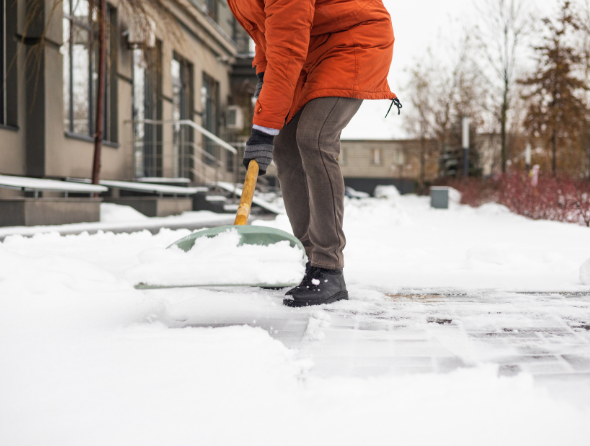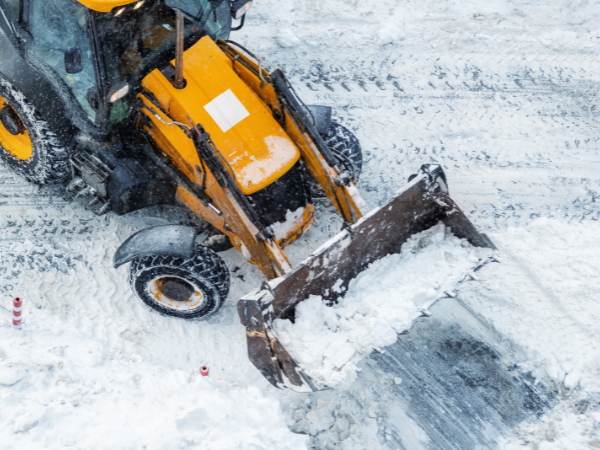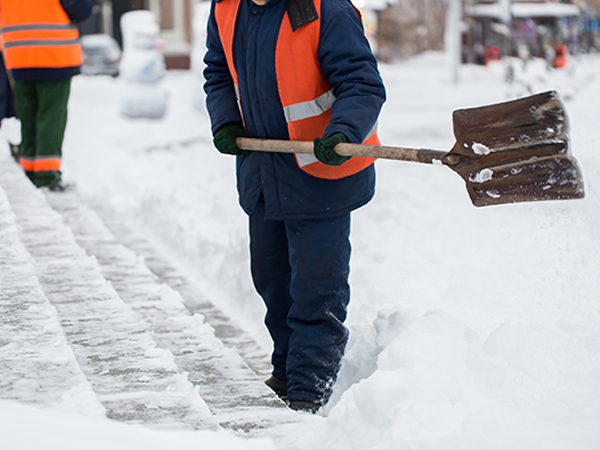The First Thing That You Should Do if You Are Injured on Someone Else’s Property
The First Thing That You Should Do if You Are Injured on Someone Else’s Property
If you are injured on someone else’s property in Ontario, you have the right to claim compensation from the property owner for your injuries and losses. Your claim is pursuant to the Occupiers’ Liability Act. There has recently been important changes to the Occupiers’ Liability Act. These changes significantly affect the rights of injury victims.
The Occupiers’ Liability Act imposes a duty on occupiers to make sure that their property is reasonably safe. An occupier is the owner of the property and/or the person who has control over the property.
Let’s assume that you broke your ankle when you slipped on ice in a parking lot. Mrs. Alinta Abraham is the owner of the parking lot and she hired the registered business No-Ice Inc. to remove the snow and ice from the parking lot.
In this example, both Mrs. Abraham and No-Ice Inc. are occupiers of the parking lot for the purpose of your claim under the Occupiers’ Liability Act. Mrs. Abraham is the owner and No-Ice Inc. had control over the condition of the parking lot on the day when you fell. Your claim for compensation will be against both of them.
You have 2 years from the date of your injury to start a lawsuit. The 2nd anniversary of the date when you fell is called the limitation date. This deadline is pursuant to Ontario’s Limitations Act.
The recent changes to the Occupiers’ Liability Act have moved up the deadline to 60 days after the incident. That is only 2 months! This new deadline is not the deadline to start a claim but a deadline to provide written notice to the occupier about your injuries. If you do not provide this notice, you cannot receive any compensation. The written notice is only required for injuries caused by snow or ice. It must include the date, time and location of the incident. It must be delivered by hand to the occupier or sent by registered mail.
This new requirement is great news for occupiers and their insurers because it will inevitably reduce the number of claims against them. It is, however, another hurdle for innocent injury victims. If you fail to provide written notice to the occupier within 60 days after you fell because of ice or snow, the occupier and its insurer will not have to pay even if they were negligent. They can just walk away and you could be restricted by injuries for the rest of your life.
There are 2 exceptions to this new 60-day notice requirement. If you do not provide the notice, you will not be able to advance a claim for compensation unless:
-the injury resulted in a death, or
-the judge finds that you had a reasonable excuse for not providing notice and the occupier is not prejudiced by the lack of notice.
This 60-day notice requirement is another barrier faced by innocent injury victims. Injury victims also have the burden of proving in court that the occupier was negligent and that the negligence resulted in injuries and losses.
At this time, it is unknown when the changes to the Occupiers’ Liability Act will come into effect in Ontario.
You should also know that if you are injured because of snow or ice on a property owned by a municipality, you must give notice to the municipality within 10 days. The common example is slipping on a poorly ploughed City sidewalk.
If you are injured on someone else’s property, consult a personal injury lawyer right away. Your lawyer will make sure that your rights are protected and that any deadlines are met.
For more information about claims against occupiers in Ontario, please visit our website or speak with one of our 3 lawyers certified as specialists in civil litigation by the Law Society of Ontario.
Éliane Lachaîne
Written by Éliane Lachaîne
Related Articles
Clearing the Air on Snow and Ice Responsibility: Lessons from Crete v. Ottawa Community Housing Corporation
Determining fault for falls on rented properties can be especially tricky. There is always the question of where the landlord’s liability ends, and […]
Décision récente de la Cour d’appel de l’Ontario au sujet de l’entretien hivernal d’un stationnement
L’arrêt Musa v. Carleton Condominium Corporation No. 255, 2023 ONCA 605, est une décision de la Cour d’appel de l’Ontario qui porte sur […]
Are cities and municipalities immune from lawsuits because of snow?
In a Nutshell Cities and municipalities are not immune from liability for the decision of how to remove the snow and in how […]




